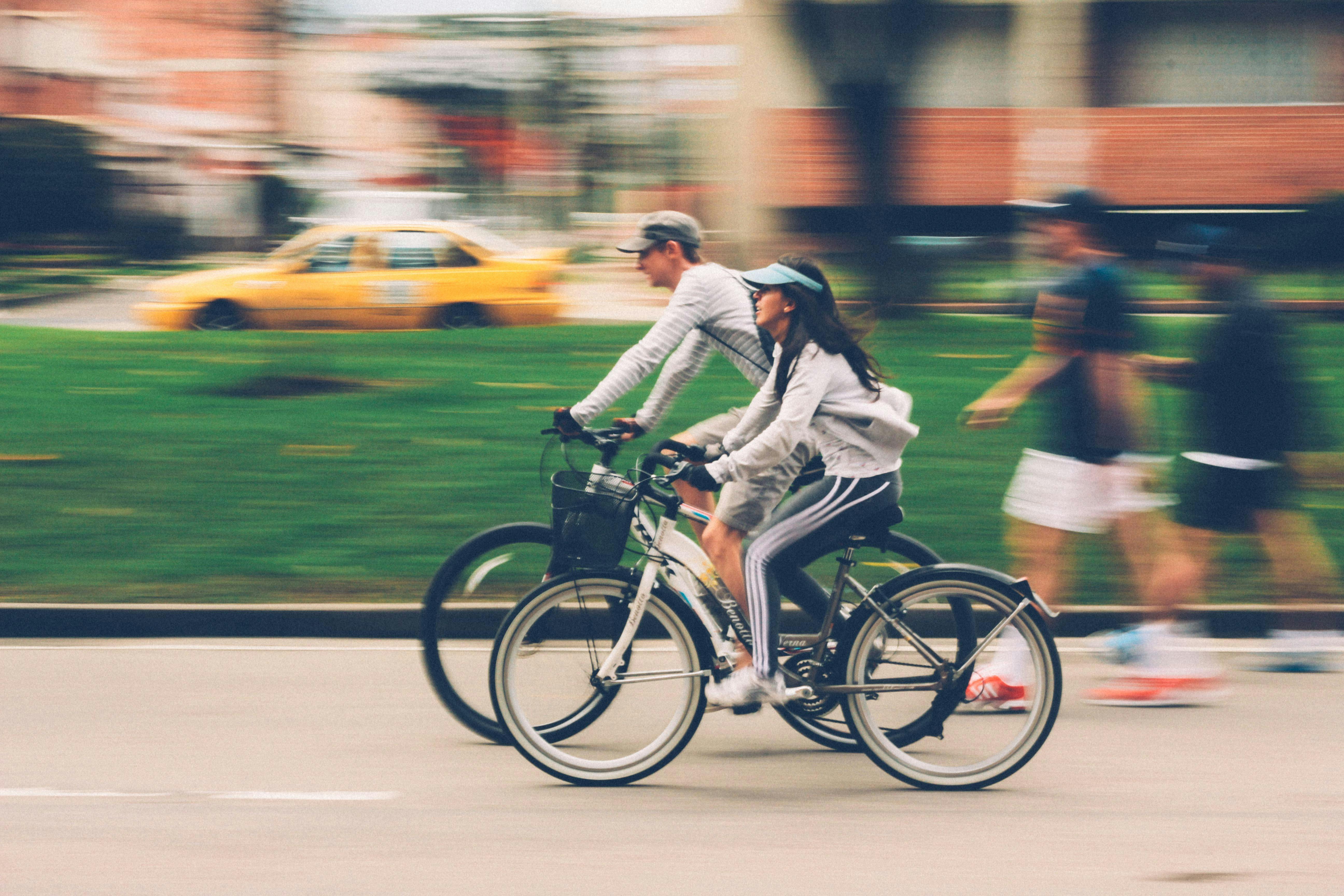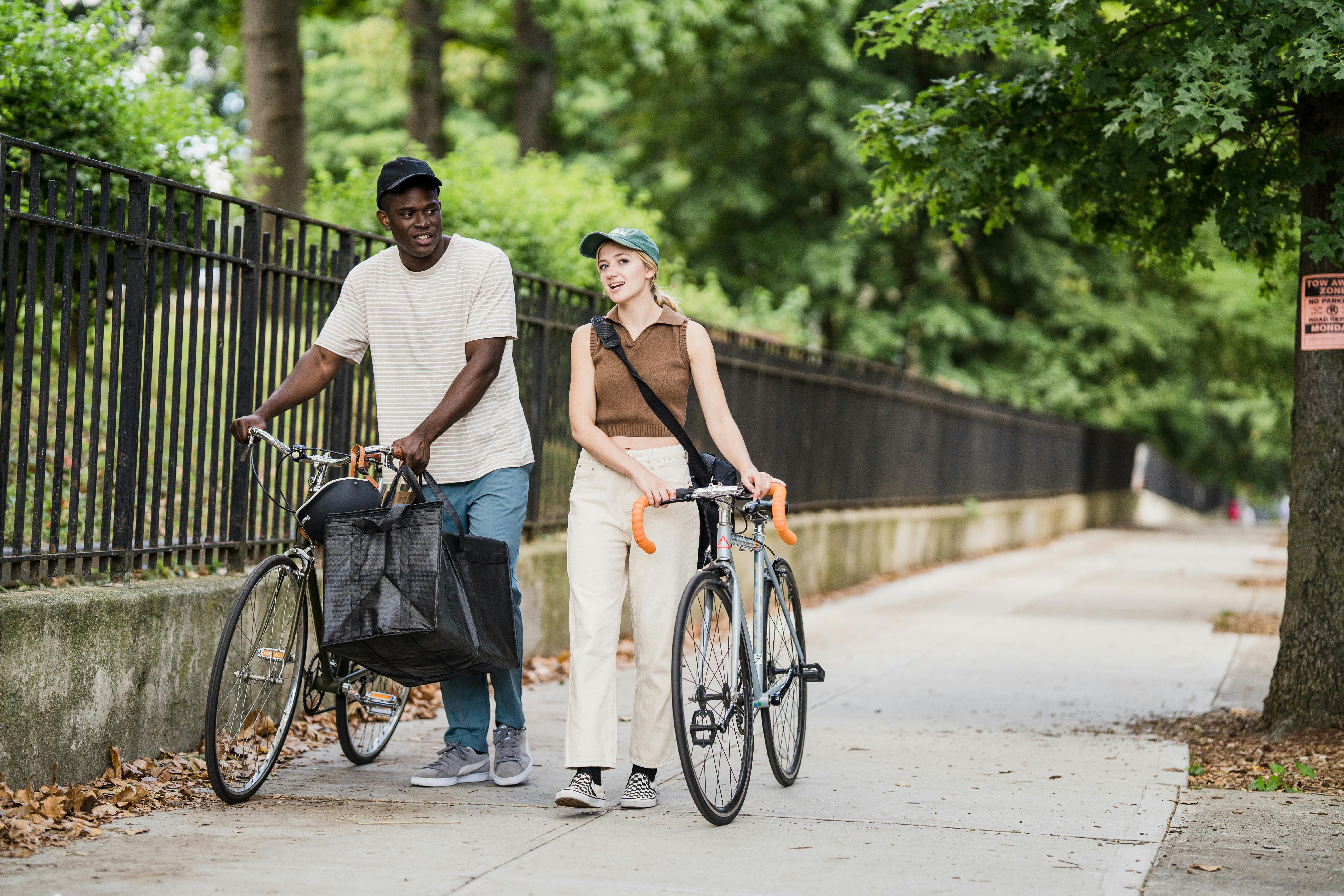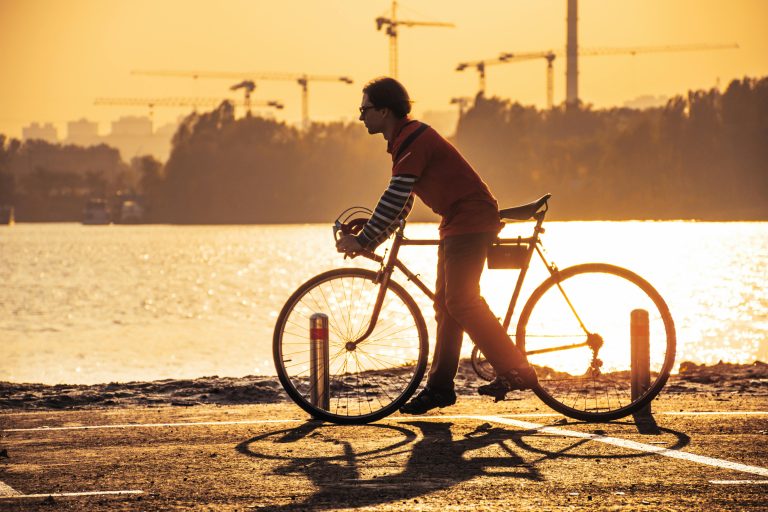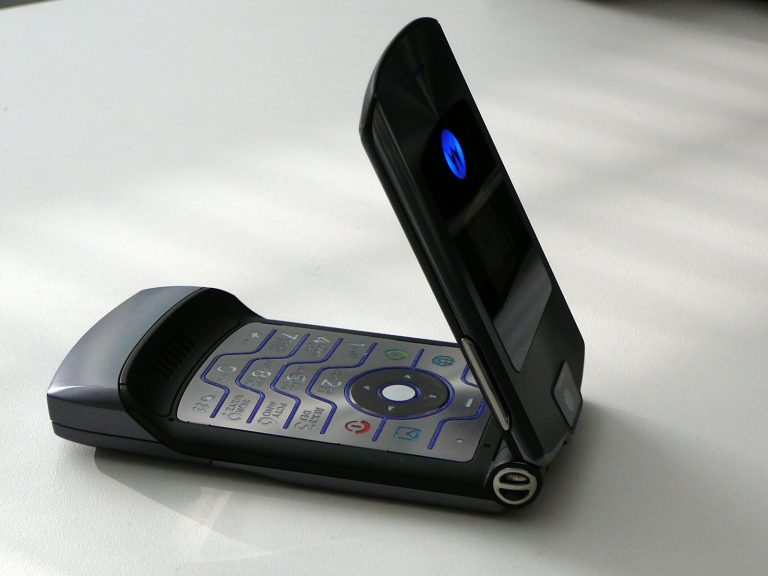As a casual activity, bicycling can be a fun and healthy way to spend time outdoors. As a serious sport, it can help you tone your lower-body muscles, build endurance and improve your body’s aerobic capacity, that is, the ability to use oxygen efficiently.
Cycling is also beneficial for mental health, and a recent study has revealed the extent to which a bit of daily cycling can improve our mood.
The study, published in the International Journal of Epidemiology in January 2024, found that individuals who commuted by bike during a five-year period had a mean average reduction in antidepressant and/or anxiolytic prescriptions of 15.1 percent compared to those who used other modes of commuting.
The findings of this study and other notable benefits may convince you to hop on your bike this spring.
Cycling and mental health study
The study assessed a total of 378,253 people aged 16-74 years living in Edinburgh and Glasgow in 2011 who regularly commuted to work. The percentage of commuters cycling to work was 1.85 percent in Glasgow and 4.8 percent in Edinburgh.
Success
You are now signed up for our newsletter
Success
Check your email to complete sign up
The assessment measure was the number of new prescriptions for antidepressants and anxiolytics in the five years that followed, data taken from the Scottish National Prescription Information System (PIS). A single prescription was taken as an indication of ill mental health.
The results
Of those who cycled to work, 7.5 percent of men and 10.2 percent of women were prescribed anxiolytics or antidepressants, while among non-cyclists the percentages for men and women were 9.2 percent and 15.7 percent, respectively. With these results, the study estimated that the average reduction in mental health prescription in cycle commuters was 15.1 percent.
Women were found to be less likely to cycle than men, yet the effect of commuting by bike was found to be greater for females. Those with an antidepressant prescription also appeared to benefit more from cycling than those with an anxiolytic prescription.
What makes this study different
The study authors noted that their findings may be more accurate than those of previous studies because they used an innovative approach that allowed them to fully cover their population of interest and assess the specific effects of cycling alone.
They concluded that this study “provides further evidence in support of the promotion of active travel to encourage commuters travelling shorter distances to shift to cycle commutes.”
Additional benefits of cycling

The physical activity involved in cycling can promote fitness, improve cardiovascular health and strengthen the muscles.
Weight management
Cycling is effective at burning calories, especially when performed at high intensity. According to a 2021 Harvard Medical School blog article, a 30-minute ride at recreational speed – about 14-15.9 mph – can burn at least 300 calories.
The data concerned people of three different weights, finding that a 125-pound person, a 155-pound person, and a 185-pound person would burn around 300, 360, and 420 calories, respectively.
Cardiovascular health
Reducing the incidence of disease is another benefit of cycling. A 2017 study published in the British Medical Journal found that cycle commuting can decrease the risk of developing cardiovascular diseases by 46 percent, and the incidence of cancer by 45 percent.
The study involved 264,377 people in the United Kingdom with an average age of 53 years, whose data on travel time and means of travel were taken from the UK Biobank.
Although the study was observational – that is, the data were susceptible to confounding factors such as self-reported mode and distance of travel, rather than objectively measured data – its findings shed light on significant, lesser-known benefits of active commuting.
Stronger muscles
Bicycling engages mainly lower-body muscles. According to a 2023 article published in the BMC Musculoskeletal Disorders, a peer-reviewed journal, recreational cycling helps preserve and increase muscle mass in gluteal muscles.
The study was conducted on two groups of middle-aged adults (on average 49 years old): 28 physically inactive men, and 28 men who had been cycling for 15 years on average. MRI scans revealed that the cyclist group had larger muscles and lower levels of fat infiltration in them.
Tips to start cycling today

The good news for new riders is that cycling is versatile. It can be adopted as a leisure activity – with slow, steady rides – or as a full-blown workout. In any case, here are a few tips to get you started:
- Prepare for the weather: Check the forecast and dress accordingly. When possible, avoid biking during inclement weather – remember that safety comes first.
- Get your safety gear: Check the safety equipment for cyclists required by your city’s regulations. Make sure you have a reliable helmet and fully functioning brakes. Other essentials include a bell or horn, and lights and reflectors if you’ll be riding at night.
- Understand bike lanes and use caution when riding with cars: Familiarize yourself with bikeways and cycle tracks, and plan your bicycle route. Verify which roadways you can ride on, and follow all traffic signs and signals when doing so.
- If biking for fitness, do not overlook the importance of rest: As with other types of workouts, rest is key to recovery and muscle development. If you are planning on bicycling the whole week, set aside at least one day to be off the bike.
Happy biking!







